Randy’s was the historic record shop in Kingston, Jamaica, from which one of the world’s most influential reggae labels was born: VP Records.
The shop was founded by Vincent Chin, born in Kingston in 1937. He was the son of a Chinese carpenter who had moved to Jamaica in the 1920s. During his school days, Chin was fascinated by a rhythm & blues show sponsored by Randy’s Record Mart of Gallatin, Tennessee. That’s how his friends ended up nicknaming him Randy.
Chin’s first job involved replacing old records with the newest tunes in jukeboxes. Chin bought the outdated records for a small price and stored them in his garage until 1958 when he decided to open a small shop on the corner of East Street and Tower Street in Kingston.
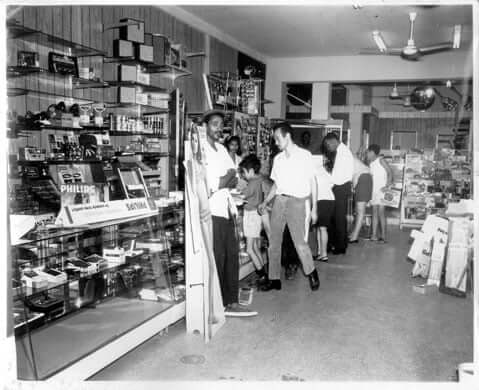
In 1961, Vincent and his wife, Pat Chin, wanted a bigger store and chose the bustling central location of North Parade. This would become a crucial location in the Jamaican record industry.
Randy’s Record Mart proudly boasted: “You name it, we have it!”. In fact, one key to the success of the Chins was that they stocked records from many different labels.
By 1962, Randy was putting out records himself, following the footsteps of store owners like Leslie Kong and Duke Reid. Vincent was a hands-on producer and even took trumpet lessons from The Skatalites’ Johnny ‘Dizzy’ Moore to gain greater insight into the music.
The quality of the tunes that emerged from Randy’s bear witness to the success of his methods. Examples included powerhouse ska tunes like The Maytals’ “John And James” and Alton Ellis’ “Mouth A Massy”.
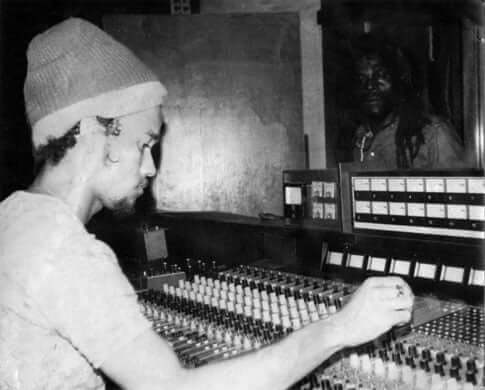
In 1967, Randy’s Studio opened in the space above the North Parade shop. Clive Chin, son of Randy and Pat, recalls that his father had bought the whole building “for the purpose of doing his own recordings and also having a studio to be rented to other local producers, people like Bunny Lee, Lee ‘Scratch’ Perry, Niney Holness, Derrick Harriott and Clancy Eccles” (Record Collector Mag).
The studio was extremely popular for its location downtown, where all the artists hang out, and its acoustics. As singer and sound engineer Pat Kelly said: “it have the sound that the people want”.
In 1970, Vincent’s brother – Victor Chin – signed a deal with Trojan Records, which made Randy’s productions appear in the UK for the next three years with major artists such as The Ethiopians and Dennis Brown.
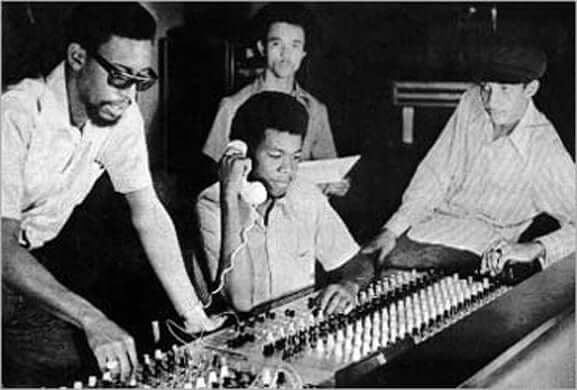
Back in Jamaica, Clive Chin started working full-time in the family business and secured a major hit for the newly established Impact label at Randy’s with what is considered the first dub record – Java – with Augustus Pablo.
For the next few years, impressive music would be created in Randy’s studio at North Parade, for example, Lee Perry’s seminal sides with The Wailers, Burning Spear’s “Marcus Garvey” LP and Peter Tosh’s “Legalise It” and “Equal Rights” albums. Even some international stars would use the studio, like the Rolling Stones and Joe Cocker.
In 1977, Vincent ‘Randy’ Chin decided to move to New York. That’s where he set up VP Records (taking Vincent and Patricia’s initials). Clive and his brother followed their parents shortly after due to the political atmosphere and the rising crime in Jamaica: by 1978, the once-hectic Randy’s Studio at North Parade had fallen silent.
Vincent Chin died in 2003, but VP Records is still the biggest reggae distributor in the world thanks to his sons and family still at the controls.
Clive Chin recalls the 1970s on Record Collector Mag: “Those eras and those times will always be memorable to me. What the young producers and young musicians are doing now, it’s nice, I love what they’re doing. But it isn’t as creative as it was then in the 70s, when we at Randy’s played the pivotal role in the development of reggae music in Jamaica.”
Sources:
Randy’s records on Record Collector recordcollectormag.com/articles/randys-records
In pictures: Randy’s Records on The Guardian theguardian.com/music/gallery/2008/oct/13/urban-blackhistorymonth

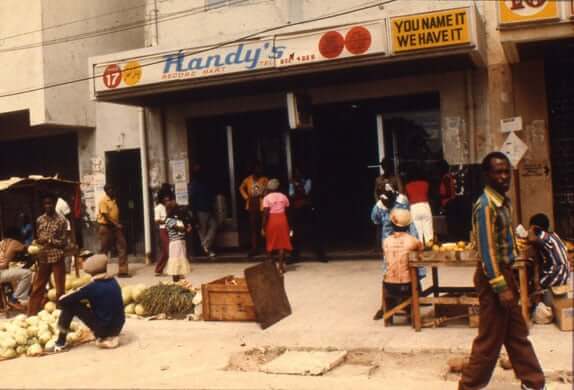

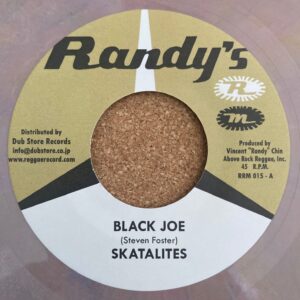
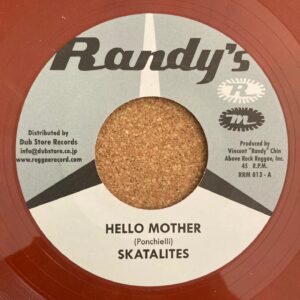
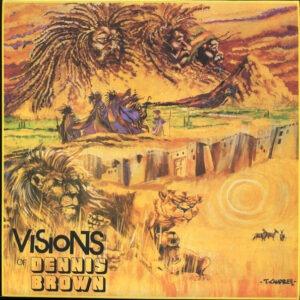
Very interesting story. Jamaica really has a very rich music.